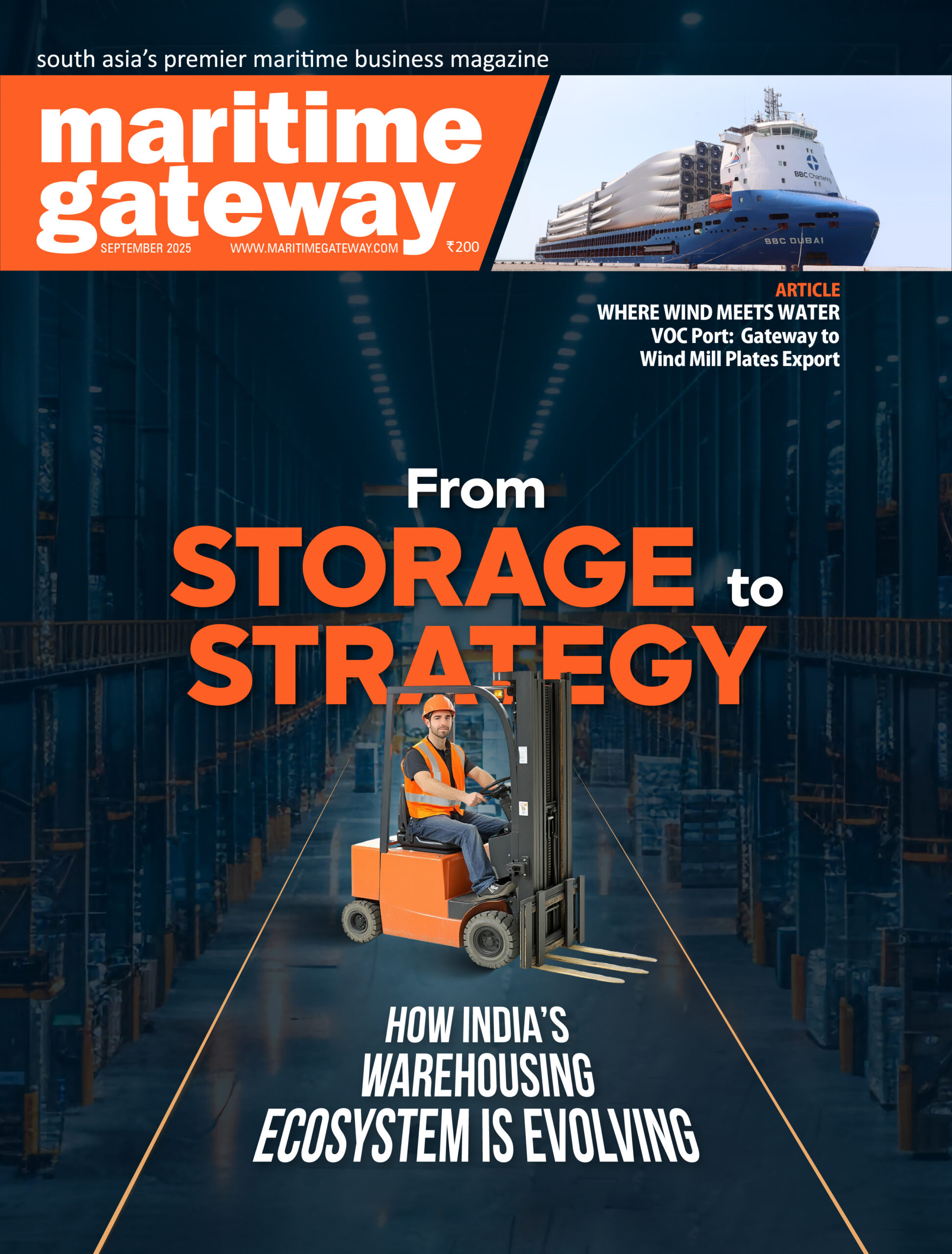Founded in Kochi, India, in 2021, Docker Vision is an AI-driven product company focused on port automation. Its flagship solution, docR, is a Gate Automation Software that seamlessly integrates with any Terminal Operating System (TOS) or third-party platform, making it highly adaptable and scalable.
We sat down with Prajith Nair, CEO, and Dr. Asha Pillai, Chief Strategy Officer at Docker Vision, to learn more about their journey and how they’re shaping the future of intelligent port operations.
What challenge in the shipping and logistics ecosystem are you solving? What makes your solution stand out?
As a startup, our biggest challenge has been establishing credibility through successful first-time deployments and securing our early clients. However, our AI-powered OCR technology delivers up to 98 per cent accuracy, works with a wide range of camera systems, and can be implemented rapidly, which gives us a strong competitive edge. Our solutions are cost-effective, scalable, and seamless, enabling measurable improvements in operational efficiency and automation readiness for our clients.
What inspired the idea? What have been some breakthroughs along the way?
The inspiration came from our diverse backgrounds and the shared belief that AI can transform port operations by improving visibility and efficiency. A major breakthrough came in 2023, when our system achieved 95 per cent accuracy–a milestone that marked the beginning of our product’s market rollout.
I come from an electrical engineering background with over 14 years of experience in hardware, sensors, and automation systems. My co-founder, Athira, brings 9 years of expertise in data science, computer vision, and deep learning, including real-time projects involving autonomous vehicles. Another founding team member contributes 25 years of shipping industry experience. Together, our collective expertise bridges technology and maritime domain knowledge–the cornerstone of Docker Vision’s success.
Who are your primary customers, and how are you adapting your solution to meet the evolving logistics landscape in India and beyond?
We’re grateful to DPW Kochi and MIV Logistics for supporting our product trials. Our focus is on mid-sized terminals handling over 200,000 containers annually, where automation can deliver immediate operational benefits. Our in-house AI development team enables us to offer customised, client-specific solutions, ensuring adaptability as port operations and logistics continue to evolve in India and globally.
How are you approaching market entry and expansion?
We’ve received encouraging feedback from our pilot deployments and market trials. Regions such as the Gulf and Africa have shown particularly strong interest in our technology. Looking ahead, our expansion roadmap includes Africa and Southeast Asia, regions experiencing rapid port modernisation and growing demand for smart automation.
Have you secured any funding? What does your roadmap look like going forward?
Our initial funding came through the Sanchi Connect Accelerator Program, which brought two venture capital partners on board–Thinkuate and SeaFund. We raised ₹50 lakhs in funding, followed by a ₹1 crore grant from the USHUS Program, a collaboration between IIT Madras and Cochin Shipyard Limited.









